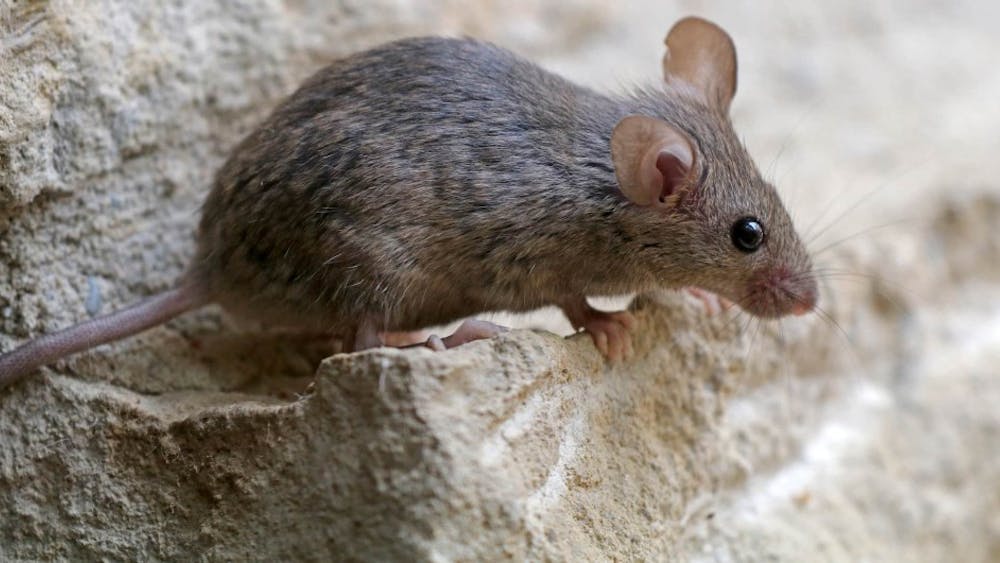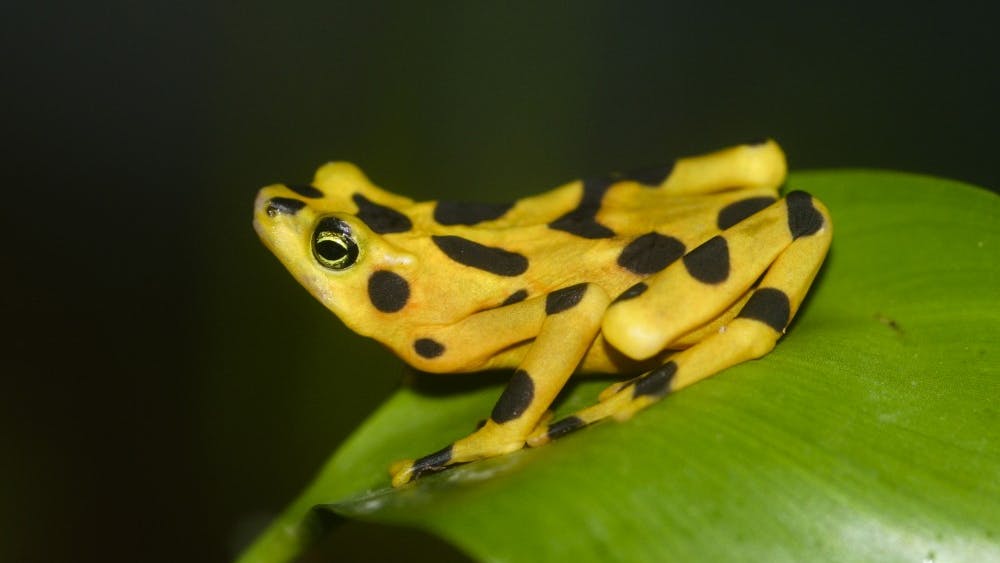Wrap up: the latest in technology...
By WILLIAM XIE | April 26, 2018Nest Labs Provides Low-Income Families with Thermostats Nest Labs, a producer of sensor-driven thermostats, smoke detectors and security systems, recently announced that it will donate up to one million thermostats to low-income families. The company is involved in Power Project, an initiative to improve energy costs for low-income families.

















